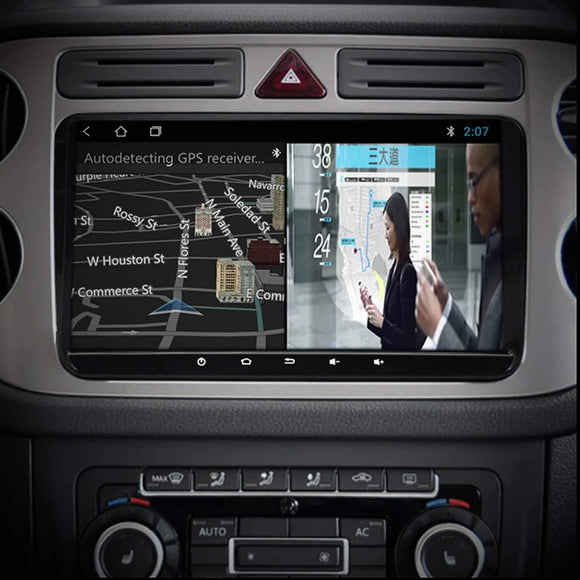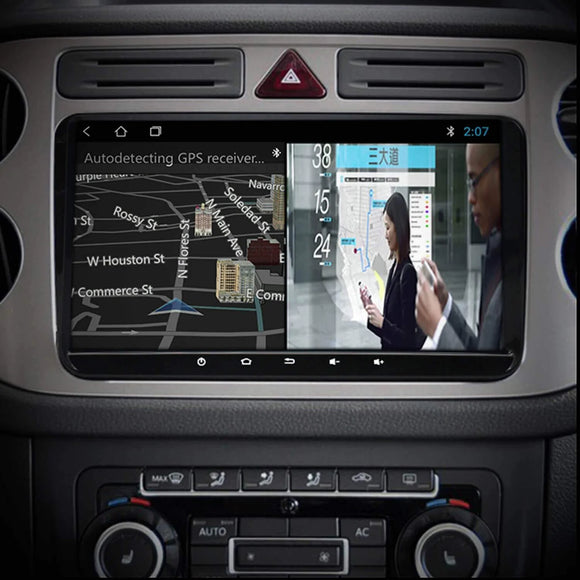
Why Does My Car Radio Fuse Keep Blowing?
Incorrectly installed fuses, incorrect fuse types, intermittent shorts and overloaded vehicular circuits can all cause frequent electrical malfunctions. If installed fuses are designed to carry less wattage than the radio requires, they will blow. Similarly, if too many electronic components are wired onto a vehicle circuit, their combined operation will cause the fuse to blow.
The cause of a blown fuse depends heavily on the electrical content of an individual vehicle. Car circuitry is dependent upon model and also upon previous repairs or electronic additions. Before beginning the repair job, it is important to ascertain which other electrical components, if any, are wired into the radio’s circuit. The combined required wattage of all electrical devices on the circuit have to be taken into account when figuring the correct fuse type.
If the correct fuse rating is installed but the circuit continues to cause the fuse to blow, an intermittent short could be to blame. Old or faulty wires with partially-missing cladding are often the culprits of a short. When two bald wires touch, a circuit may become overloaded, causing its fuse to blow.
Technicians can locate a short using an ohmmeter, a voltmeter or a multimeter. When the short it identified and fixed, the correct fuse type for the circuit will no longer blow.
Why Won’t a Car Turn Over but the Lights and Radio Work?
If a car will not turn over but the lights and radio still work, the problem is either a bad starter motor or a faulty ignition switch. A clicking noise when turning the key usually indicates a problem with the starter motor. No clicking sound and no sound from the engine can indicate a bad ignition switch. In both cases, the solution is to replace the faulty items.
There are two main reasons for a car not starting. One is lack of spark, the other is lack of fuel. Lack of spark can be caused by a dead battery, a dead starter, a faulty ignition or bad spark plugs. A lack of fuel is usually the fuel pump or problems with the EFI system. A dead battery or alternator is fairly easy to diagnose because the rest of the electronic systems will either be dead or dim. A clicking sound means the starter motor is trying to engage, but failing. No clicking sound means that it is either the ignition or the starter solenoid.
Another possibility, unique to automatic transmissions, is that the car is in a gear other than park. Most automatics will not start in any other gear except park. In that case, the lights and radio would work, but the car would not turn over.


